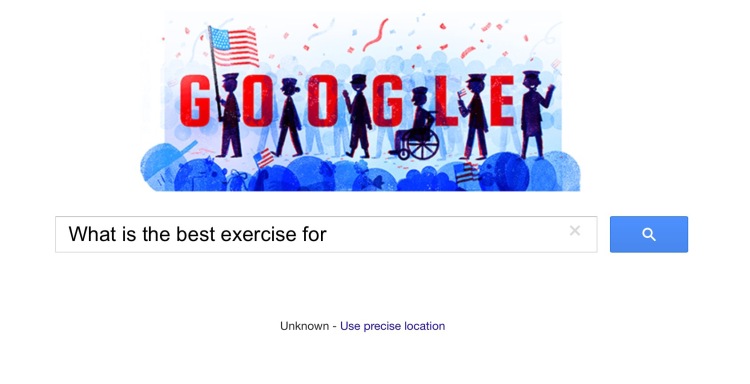There is an old saying in the orthopedic manual world that goes to the tune of:”You can teach a monkey how to manipulate, but not why and when to manipulate”
Any clinician who has been around the realm of manipulation in clinical practice can relate to this statement. However, I think it can apply to other aspects of our care too. Let me give you an example.
During one of my recent e-mentorship sessions, my mentee was providing me a story of a patient who is seeking his care after failure to improve following 4 weeks at another facility. This individual is diagnosed with achilles tendinosis.
What comes to mind when treating this diagnosis? I guarantee a large percentage of you, including myself, jolt with excitement and say, “eccentric training!”We say it without much thought as it is what the research says works. The highest of the evidence pyramid glows with excitement.
But in this case…it didn’t work. The patient wasn’t satisfied…the outcomes were not positive. The patient decided to seek out a cash based service. Fast forward a few treatments — patient recovered and returned to soccer.
So what was the difference?
I can’t take the credit as my mentee did a full examination and came up with a plan of care. He did it all and came from a different thinking process. I can say that the treatment was based on concepts and principles. These concepts and principles that have been around for decades and do not fail.
So what’s the moral of the story?
“You can teach a monkey to read the research, but not why and when to use the research.” Literary articles are intended to be another layer to your treatment to justify it even further based on your assessment using concepts and principles. In this case, the research was the first layer versus secondary or tertiary layer. In this age of evidence , I continue to urge the importance but at a different layer.
If you find yourself doing the following:
Any clinician who has been around the realm of manipulation in clinical practice can relate to this statement. However, I think it can apply to other aspects of our care too. Let me give you an example.
During one of my recent e-mentorship sessions, my mentee was providing me a story of a patient who is seeking his care after failure to improve following 4 weeks at another facility. This individual is diagnosed with achilles tendinosis.
What comes to mind when treating this diagnosis? I guarantee a large percentage of you, including myself, jolt with excitement and say, “eccentric training!”We say it without much thought as it is what the research says works. The highest of the evidence pyramid glows with excitement.
But in this case…it didn’t work. The patient wasn’t satisfied…the outcomes were not positive. The patient decided to seek out a cash based service. Fast forward a few treatments — patient recovered and returned to soccer.
So what was the difference?
I can’t take the credit as my mentee did a full examination and came up with a plan of care. He did it all and came from a different thinking process. I can say that the treatment was based on concepts and principles. These concepts and principles that have been around for decades and do not fail.
So what’s the moral of the story?
“You can teach a monkey to read the research, but not why and when to use the research.” Literary articles are intended to be another layer to your treatment to justify it even further based on your assessment using concepts and principles. In this case, the research was the first layer versus secondary or tertiary layer. In this age of evidence , I continue to urge the importance but at a different layer.
If you find yourself doing the following:
Give my e-mentorship program a shot. I personally believe you are attacking the problem from the wrong angle.
Let’s work together to get your patients better— quicker — give them that experience we all look forward and spread the good news.
Next time you want to spend $100 on a local continuing education course for a day, give me time once/week for a month. I guarantee it’ll change your thinking process and up your game. Contact me so we can work together personally to make you a better clinician and get the outcomes your patients deserve.
Let’s work together to get your patients better— quicker — give them that experience we all look forward and spread the good news.
Next time you want to spend $100 on a local continuing education course for a day, give me time once/week for a month. I guarantee it’ll change your thinking process and up your game. Contact me so we can work together personally to make you a better clinician and get the outcomes your patients deserve.
Dr. Harrison N. Vaughan, PT, FAAOMPT is author of a In Touch PT blog, provides in-home and office physical therapy treatments, consultation and e-mentorship opportunities for clinicians at www.painandspinespecialist.com. He is also CEO of Integrative Clinical Concepts (ICC) at www.iccseminars.com. You can best reach him at harrisonvaughanpt@gmail.com
Want an approach that enhances your existing evaluation and treatment? No commercial model gives you THE answer. You need an approach that blends the modern with the old school. Live cases, webinars, lectures, Q&A, hundreds of techniques and more! Check out Modern Manual Therapy!
Keeping it Eclectic...
















Post a Comment
Post a Comment